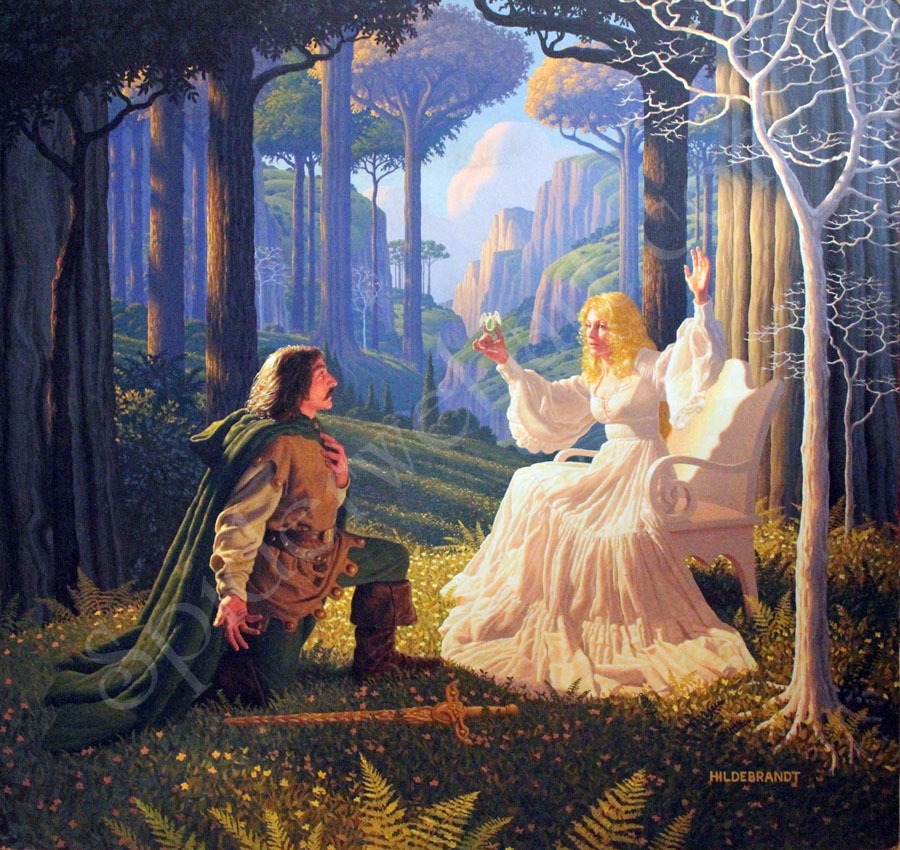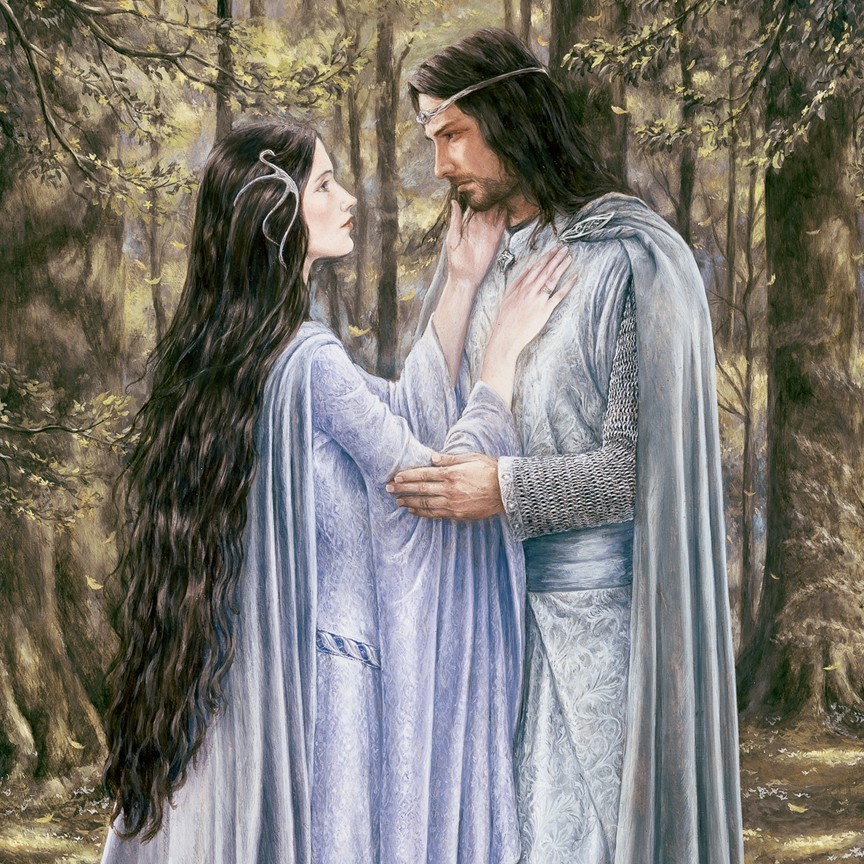The Two Towers by J.R.R Tolkien (Harper Collins 1991, 2007) pp. 833-846
The journey to Mordor and to Mount Doom was always an impossible task. While there were other things to think about and problems to solve it was possible to avoid confronting that reality. There was the descent of the Emyn Muil, the passage of the Marshes and the question of what to do about Gollum. All this gave Frodo and Sam something to think about other than the really big thing. But now, as they see the impossibility of entering Mordor through the Black Gate without death or capture the reality hits home.

The impossibility of entering Mordor.
What would Gandalf have done if he had been with them? Which way would he have gone? Frodo wonders if Gandalf had ever been this way. He knew that Gandalf had once entered the fortress of Dol Guldur in Mirkwood, Sauron’s lesser stronghold, but he doubted if Gandalf had ever been to Mordor. Indeed no-one had ever entered Mordor and lived to tell the tale. No-one except Gollum, and he had been freed in order to search for the Ring.
So it is at this terrible moment just some few yards from the Morranon that the impossibility of the task and his utter inadequacy to undertake it becomes clear to Frodo. Gollum has spoken of another way but for some time they all sit in the hollow where they are hiding in silence.
Elrond had said to Frodo that the task was appointed for him and that Frodo could not find a way then no-one could. As Frodo heard these words that “no-one” probably held little meaning for him and when Elrond had gone on to speak of Hador and Húrin and Túrin and even Beren himself, it probably meant very little to him, except as a cause of some embarrassment, but now Frodo understands what Elrond meant. The task really is for him alone, not for Gandalf or Aragorn or any other of the great, and the task is impossible.

Beren and Lùthien could accomplish their task but not Frodo’s. Alan Lee depicts the heroes on their journey to Angband.
Something has to break into the sheer immensity of this realisation or the story might have ended here. In silence. But something does. It always does. Life goes on around even the most significant events and does not even notice them. First they become aware that, far off, Nazgûl are in the air, and this terrifies them; then they hear more forces arrive from Harad to swell the growing army within Mordor.
Gollum describes what he can see to Frodo and Sam and this leads Sam to think of oliphaunts and he recites a verse that he remembers from his childhood, standing with his hands behind his back just as he would have done as a small child. And just as happened when Sam had recited the tale of the trolls on the journey to Rivendell as the Morgul-blade drew Frodo deeper and deeper into darkness so too now Sam’s simple cheerfulness breaks the spell and Frodo laughs.
It is laughter that enables Frodo to make a choice. Impossibility becomes possibility once again. I do not mean that suddenly Frodo believes that he can achieve his mission, that, as we might now say, he believes in himself again. Frodo never entertained that particular illusion that has become so important in our own time. We may have seen Boromir believing in himself but Frodo just gets on with the job that has been given to him.
But faith does play a vital part in what Frodo decides to do. He decides to trust Gollum. This is not mere naivety on his part. He is well aware of Gollum’s malice and untrustworthiness. But in the face of impossibility, at the moment when this has moved from some abstract form of which he has always been aware to a reality that almost crushed him when he realised it, Gollum offers a way forward.
Gollum’s way is a terrible one and full of treachery. Gandalf would have warned Frodo against it. But Frodo is now aware that there may not be any way into Mordor and that, as Sam grimly puts it, they might as well walk up to the Black Gate and save themselves “a long tramp”. And it is in the light of this realisation that he becomes free to choose. He chooses to go with Gollum and he laughs. The whole thing is ridiculous, impossible, anyway. The whole thing is a joke. And this realisation reawakens hope in Frodo’s heart. At least hope to take the next step.
And then the step after that.
























